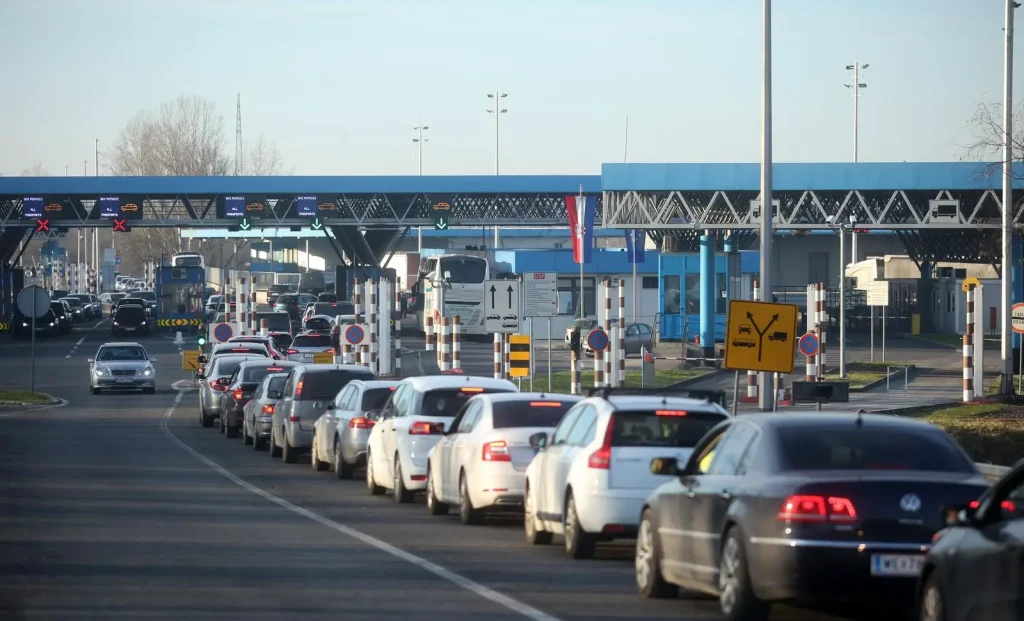As Poslovni Dnevnik writes, despite Croatia having joined the borderless, passport free Schengen zone on the first day of 2023, there are still very clear rules about what can and cannot be transferred across the borders of the European Union (EU).
One good example would be the transfer of fresh meat, dried meat and dairy products, as well as fruits and vegetables, all of which is very strictly prohibited. Despite this, plenty of people either don’t know or simply don’t bother to look at or adhere to these rules, and if they’re caught, they need to pay hefty fines, as reported by GP Maljevac.
At the Croatian border, more specifically at the Stara Gradiska border crossing, one passenger wanted to transport 7.5 kilograms of dried meat and 34 packs of cigarettes from Bosnia and Herzegovina, a neighbouring non-EEA/EU, non Schengen zone country, into the Republic of Croatia.
None of the aforementioned products were declared to the customs officer as they should have been, meaning that everything was confiscated from the individual in question, and they also had to pay a hefty fine of 1,650 euros.
If the fine isn’t paid on time, it will be replaced by imprisonment. The import of up to 20 kg of fish, shellfish and fish products, up to 2 kg of milk powder for babies, baby food and special needs food, up to 2 kg of pet food, up to 2 kg of other food such as honey, live shellfish and snails and up to 125 grams of caviar or other products of protected species are allowed to be transported across the Croatian border. Two packs of cigarettes and one litre of alcohol are also allowed.
For more, check out our dedicated news section.










